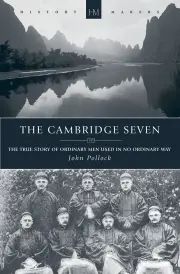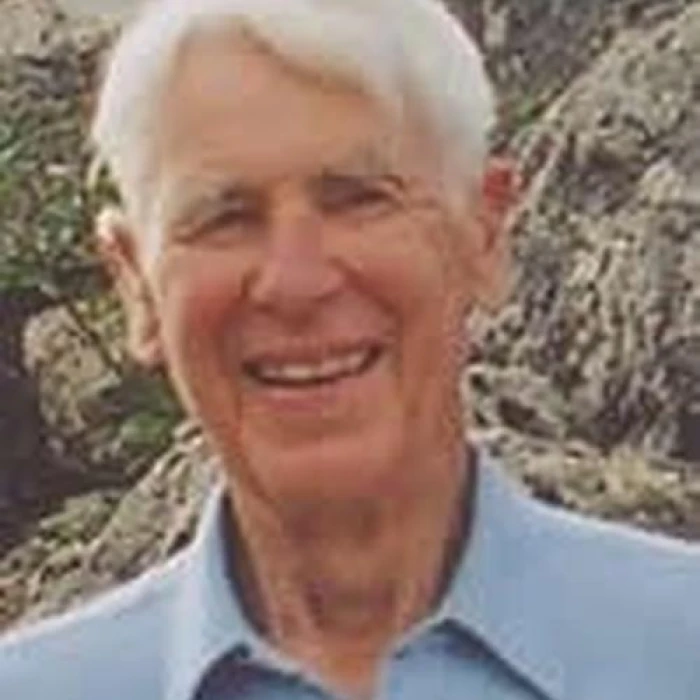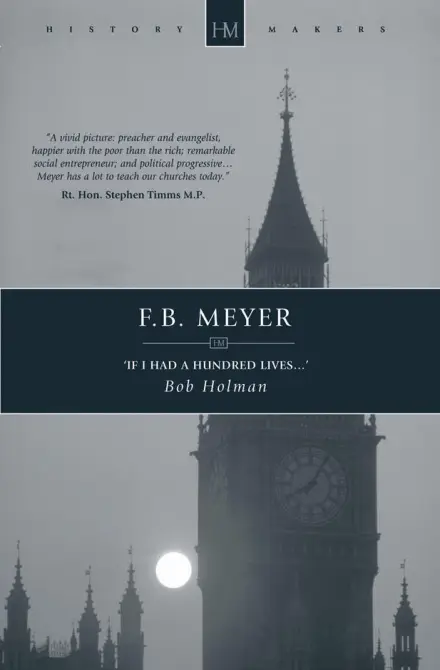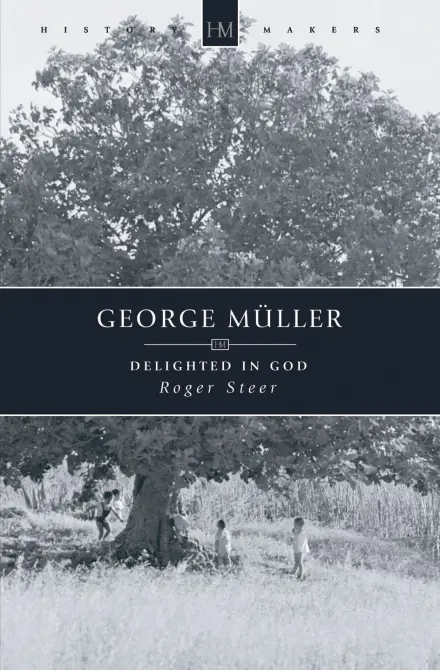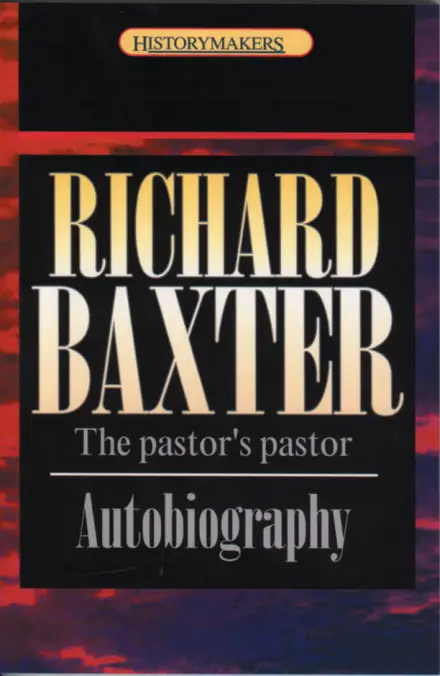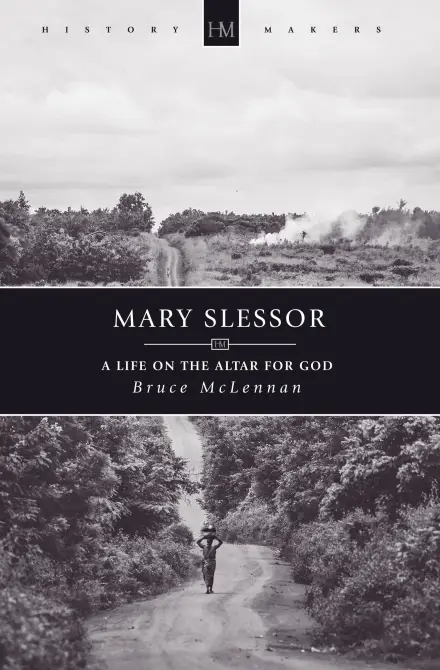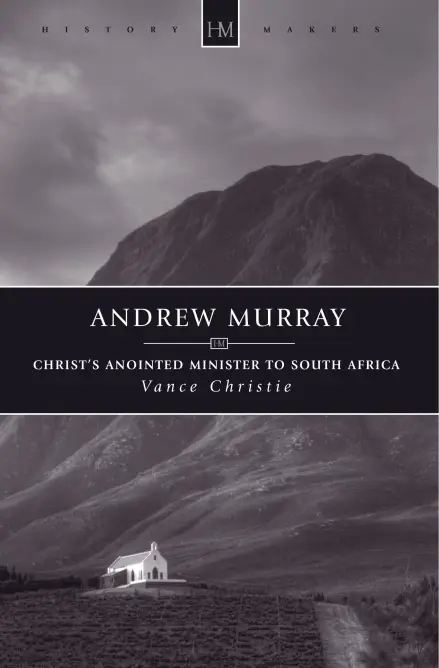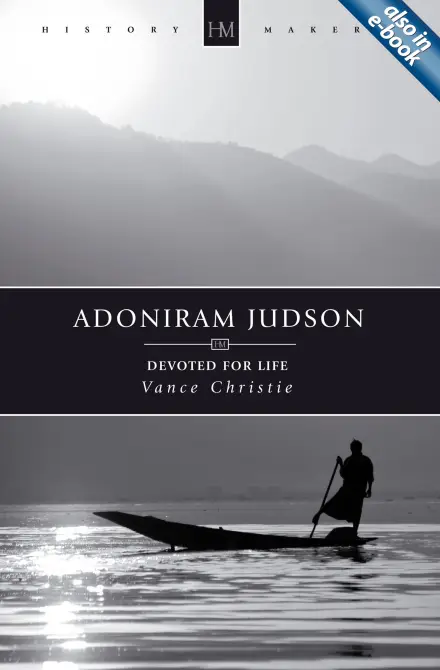The Cambridge Seven
The Cambridge Seven were students who went to China as missionaries in 1885. The book of the same name, originally written in 1955, focusses on the events leading up to their departure.
The book details the Christian story of each of the seven, containing examples and statements of self sacrifice including renouncing military and sporting careers and family fortunes; all–night prayer meetings (something I know little about); and public meetings up and down the country.
John Pollock – the author – writes approvingly but also acknowledges the seven’s shortcomings, including their privileged backgrounds that meant that lack of academic study would not hinder their futures. I have other concerns about the book, all the while acknowledging that the Seven’s fervour and sacrifice appear to exceed mine easily.
The book endorses the holiness (or consecration, or Keswick) movement (“full surrender” – p 72), recounting how the Seven came to yield their all to Jesus and receive Him as Lord – this, apparently, after already being Christians. I shall not here rehearse the arguments against this view – and the pastoral problems, both short– and long–term that it causes – but simply state that I think it it is wrong. The Seven were not ‘older men’, able to teach, but were simply undergraduates with little theological training. I am not despising them because of their youth, but I do not subscribe to some of their views – while continuing to applaud their zeal.
Perhaps Mr Pollock became aware of this. Page 49 of this 2005 revision includes, regarding the Keswick Movement, “…Bishop Ryle of Liverpool, the evangelical leader, opposed it to the last”.
I also wonder if the book paints an unrealistic picture of the Seven’s spiritual devotion: “Sometime he would spend his spare time… entirely in prayer and Bible reading” – or does this say more about my spiritual state? Mr Pollock was simply passing on what members of the Seven said of each other, “He only cared about the Bible and the Lord Jesus Christ, and God taught me the same lesson” was how CT Studd described one of his brothers.
A personal aside: many things – both work and pleasure – fill my mind and clamour for my attention. Christians should earn a living and must therefore think about work – especially the more dependents they have. We must not worry about tomorrow (we have a loving Heavenly Father, who longs to give us good things) but thoughts about tomorrow will buzz round our head.
The book often talks about the Seven’s feeling of being called and their seeking guidance whether China was indeed the right place for them. But the main ‘calling’ in scripture is to follow Jesus – the idea of being ‘called’ to a particular place [apart from the one–off ‘Macedonian Call’ – in Acts] or function is not a Biblical idea. Does it matter that the Seven (and Mr Pollock) were inaccurate in their terminology? Not hugely perhaps, but it could leave the earnest but poorly–taught Christian confused about guidance and how to seek God’s will. Also, the Seven are guided about going to China by reading certain passages and taking those as signs from God (eg, p56 where Smith, one of the Seven, reports that Isaiah 49:6 freed him from Ezekiel 3:5 – “…the guidance for which he had prayed”). Again, I shall not rehearse here the arguments against being guided in such fashion and using Scripture in this way – just to say that I disagree with it.
A similar subjectivism appears when Studd and Smith “spent the bleak December afternoon… ‘in prayer till they got victory’”. What does ‘getting victory’ look like and how do you know that you have got it? Perhaps it does not matter too much since that evening’s meeting was very successful. One learns the importance of steadfast, earnest prayer – again, something I know little of.
Another feature of the book was enthusiastic responses (and a few violent ones) to the Seven’s public meetings before their departure for China. This is something unknown today. Venues over–flowed with people wanting to hear the Seven. Remarkable also were the pleas for them to return. We do not have such enthusiasm for preachers today – is it that we are more sophisticated or more spiritual? Or perhaps if we had seen God use such people we too would have wanted more.
I was surprised that after one student meeting “at half past ten the floor was still covered with men anxiously enquiring, ‘What must I do to be saved?’” Really? At the end of a meeting about the propagation of the gospel – and also, one imagines, the church background of many of the attenders – they still did not know how to be saved? What had they been hearing? What had been preached? It seems strange. Still, if I knew that many people would be asking that question after a meeting, I would certainly organise one – and pray a lot.
It seemed a time when people – including dock labourers – would turn up to public Christian meetings. Why is this no longer so? Is it because our culture is ‘amusing itself to death’ – there are many diversions for people to fill their minds with; so many pleasures and amusements that make this world seem so bright and attractive that we need greater work to make us consider eternity? It remains better to go to the house of mourning than the house of feasting (for this is the end of all mankind and the living will lay it to heart) – our culture spends much time in the house of feasting and Christians are rarely different.
The book recounts God at work among the upper classes 140 years ago. His arm is not shortened and He can still save as He did then. I am unconvinced by some of the theology assumed in the book but I am impressed by the Seven’s humility, zeal and self–sacrifice and Mr Pollock’s desire to commend them to us.
Alan Bright
